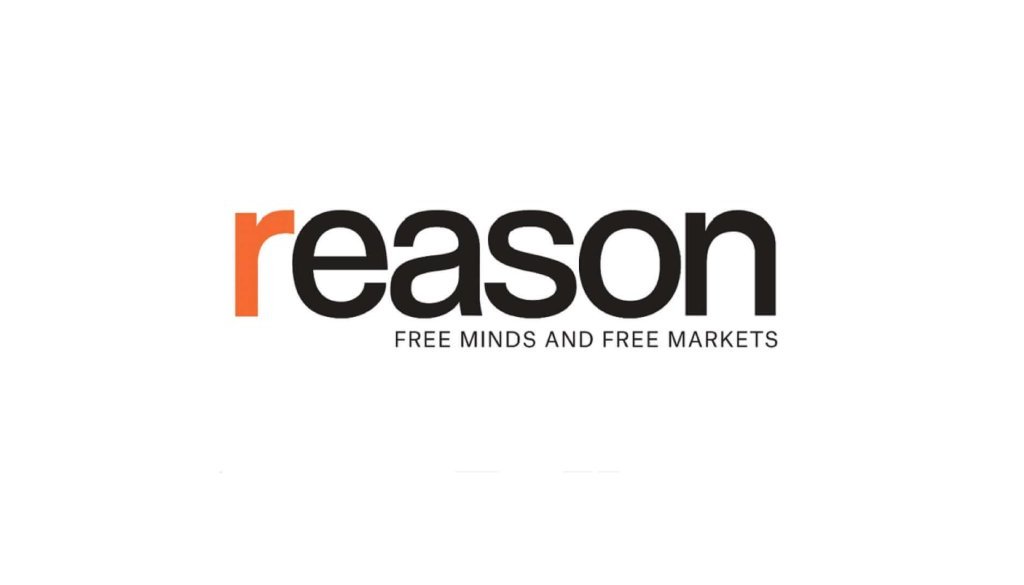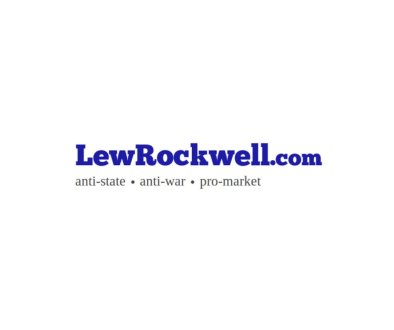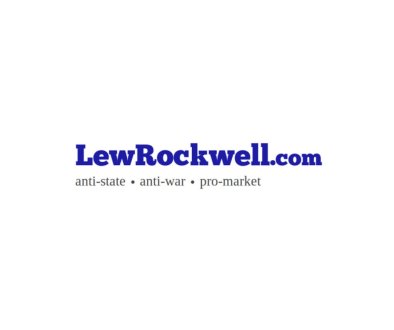Comparing The Dates of Tom Goldstein’s SCOTUS Oral Arguments And The Dates In His Indictment
Earlier today, I wrote about the allegations in the Tom Goldstein indictment. Here, I will compare some of the dates in the indictment with the dates of Tom Goldstein’s oral arguments before the Supreme Court. Of course, the allegations in an indictment are just that–allegations. Throughout this post, I will assume the government’s claims are correct, but all of these allegations would need to be proven in Court.
The indictment concerns Goldstein’s conduct between 2016 and 2021. During that period, according to Oyez, he argued seven cases before the Supreme Court. This represents a drop-off in the number of oral arguments from earlier in his career. He had consistently argued multiple cases per term: 4 in 2003, 3 in 2004, 2 in 2005, 3 in 2008, 2 in 2011, 3 in 2012, 2 in 2013, 4 in 2014, and 3 in 2015.
In April 2017, Goldstein had two arguments in the span of eight days.
- 4/17/2017 – California Public Employees’ Retirement System v. ANZ Securities, Inc. – Opposing counsel was Paul Clement.
- 4/25/2017 – Bristol-Myers Squibb Co. v. Superior Court of California – Opposing counsel were Neal Katyal and Rachel Kovner.
Leading up to this period, the indictment alleges:
Between late 2016 and early February 2017, GOLDSTEIN engaged in a series of heads-up poker matches in Los Angeles against a California businessman who had made millions in the real estate market (“California Businessman-3”). In those matches, GOLDSTEIN suffered net losses of over $9.5 million dollars. Because no one had staked or bought a piece of him in the matches, GOLDSTEIN was responsible for paying his entire losses to California Businessman-3 after each losing match. . . ,
In early February 2017, GOLDSTEIN engaged in a scheme to divert to his Gambling Account a $250,000 legal fee owed by Law Firm-1 to G&R in connection with G&R’s Supreme Court briefing in a securities class-action case. To divert the fee, GOLDSTEIN exchanged a series of emails on or about February 1, 2017, with a named partner of Law Firm-1, culminating in an agreement that Law Firm-1 would pay $500,000 to G&R over the course of the various phases of the Supreme Court appellate process, including, at GOLDSTEIN’s insistence, an initial $250,000 to be paid by Law Firm-1 “immediately.” . . .
In early March 2017, GOLDSTEIN continued playing the series of heads-up poker matches with California Businessman-3. To help satisfy a $500,000 poker debt stemming from an early March 2017 match against California Businessman-3, GOLDSTEIN contacted Law Firm-2 and asked a named partner at the firm whether he was interested in “investing” in one of GOLDSTEIN’s poker matches against California Businessman-3. In connection with his request, GOLDSTEIN sent an email to the Law Firm-2 partner on or about March 6, 2017, containing a link to an online gambling-related forum, which included a discussion thread in which certain poker aficionados had commented tliat California Businessman-3 was a poor poker player. When sending the email, GOLDSTEIN did not reveal to the Law Firm-2 partner that, over the preceding months, he had already lost approximately $10 million to California Businessman-3.
Even the best Supreme Court advocates, with 100% focus, will struggle arguing against Paul Clement and Neal Katyal. I can’t fathom going to the Court with this sort of stuff going on about a month before the argument.
Goldstein’s next argument was in November 2017.
- 11/28/2017 – Cyan, Inc. v. Beaver County Employees’ Retirement Fund – Opposing counsel was Neal Katyal (again) and Allon Kedem
The indictment alleges:
46. To partially satisfy his $500,000 personal debt to Law Firm-2, GOLDSTEIN caused the G&R firm manager to send, via wire transfer from a G&R business bank account, $175,000 of G&R’s funds to Law Firm-2 on or about November 7, 2017. When directing t
Article from Reason.com

The Reason Magazine website is a go-to destination for libertarians seeking cogent analysis, investigative reporting, and thought-provoking commentary. Championing the principles of individual freedom, limited government, and free markets, the site offers a diverse range of articles, videos, and podcasts that challenge conventional wisdom and advocate for libertarian solutions. Whether you’re interested in politics, culture, or technology, Reason provides a unique lens that prioritizes liberty and rational discourse. It’s an essential resource for those who value critical thinking and nuanced debate in the pursuit of a freer society.



